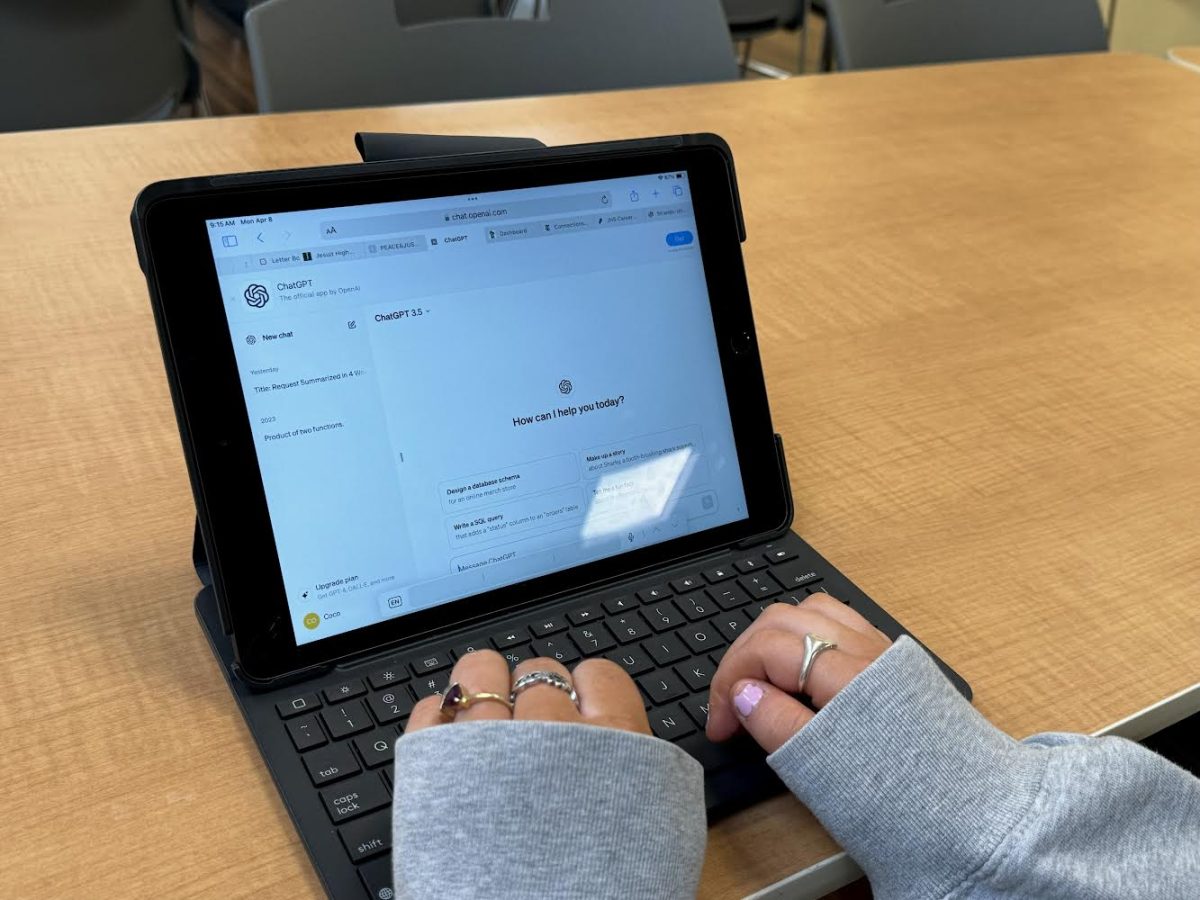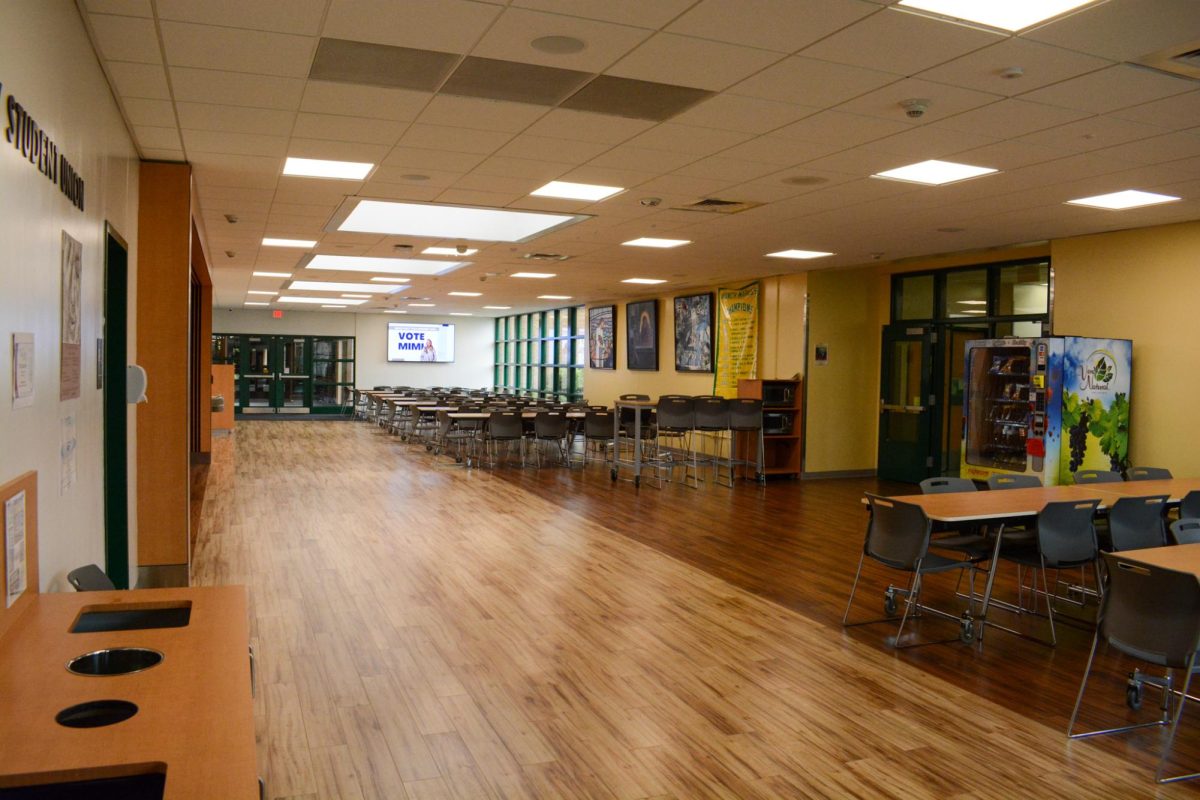Scout Jacobs ’21
Health and Wellness vs. Before-School Activities
Jesuit has adopted a program of working to improve numerous aspects of the school, focusing on the “Health and Wellness” of students and faculty, as well as “Culturally Responsive Teaching.” This program, known as School Improvement Plans (SIP), strives to raise awareness towards students’ “self-awareness, self-management, social awareness, relationship skills, and responsible decision making,” as well as maintain the overall well-being of students and staff.
One aspect of self-management is sleep. Teenagers are recommended to get 8 to 10 hours of sleep each night (National Sleep Foundation). Teens’ biological clock shifts later during adolescence, making it extremely common for many teens to struggle to fall asleep before 11pm.
At the same time, Jesuit currently offers various activities and classes before school, some starting as early as 6am, including math classes, NHS meetings, test-prep classes, and sports practices.
This poses the question: if Jesuit will be striving to maintain the health and wellness of students, should classes and activities continue to be offered so early?
Providing classes early in the morning–well before school starts–hinders students from likely obtaining the 8-10 hours of sleep needed to fully function correctly.
Early classes not only interfere with sleep schedules, but the lack of sleep students accumulate can flow into other areas of their lives, such as their mental health. A study conducted at the University of Minnesota surveyed 9,000 students in eight different high schools, with start times ranging from 7:35a.m. to 8:55a.m. The study found that with each additional hour of sleep students reported, there was a 28% decrease in students’ feelings of sadness and depression (University of Minnesota).
While early-morning activities may interfere with the sleep and mental health of students, the activities offered are optional, so students make a decision to participate. The motivation for taking a class or sport before school can be a range of reasons according to the individual, and they are fully informed of the commitment.
Despite this, a reason for taking so many classes or extracurriculars for many students is their desire to achieve high-set goals. As a college preparatory institution, high expectations at Jesuit are common and often motivating, but the pressure of these expectations can drive students to take advanced or additional courses.
This can create a domino effect, with the pressures of success leading to the decision to participate in before-school activities, potentially hindering the amount of sleep obtained by the student if they are unable to fall asleep, as noted by the National Sleep Foundation.
When a school has a culture of success and students strive to do well in all things, does offering before-school activities best serve the health and well-being of Jesuit students?











